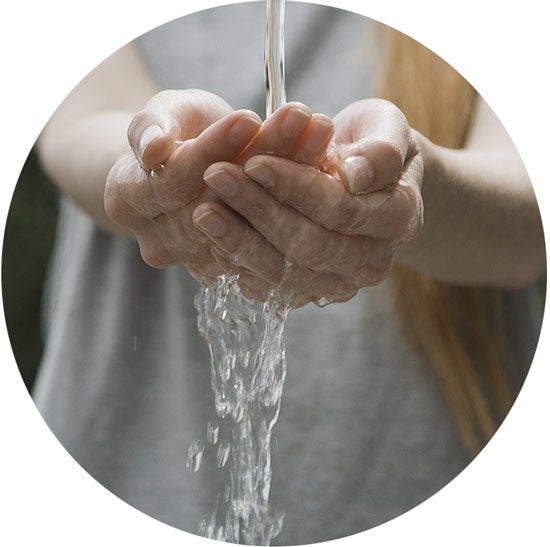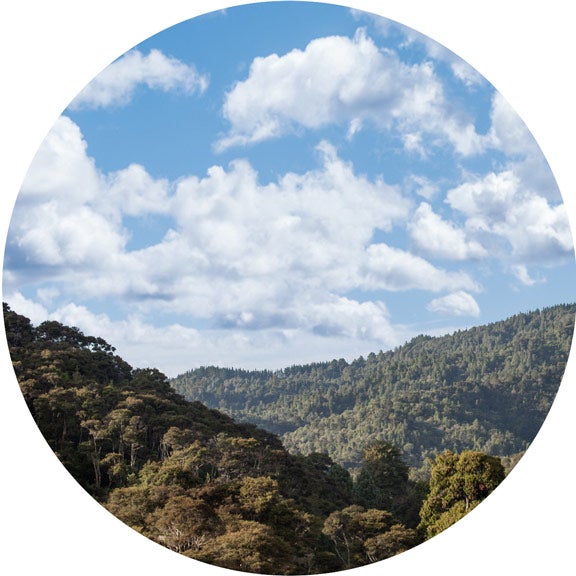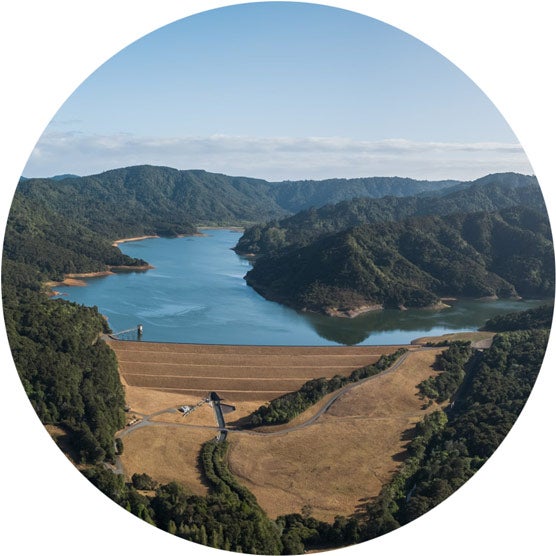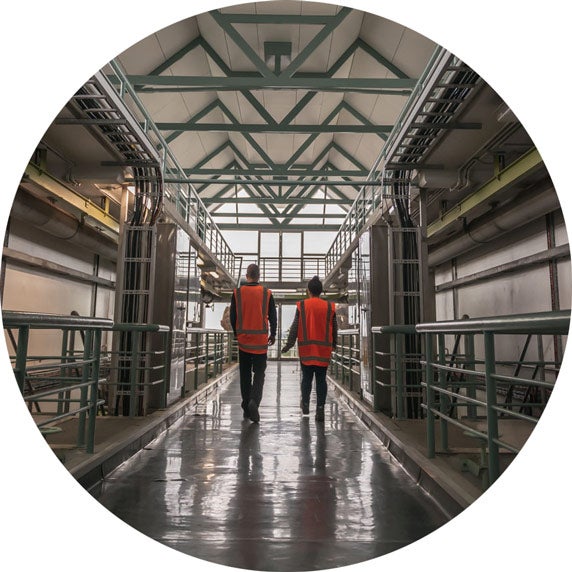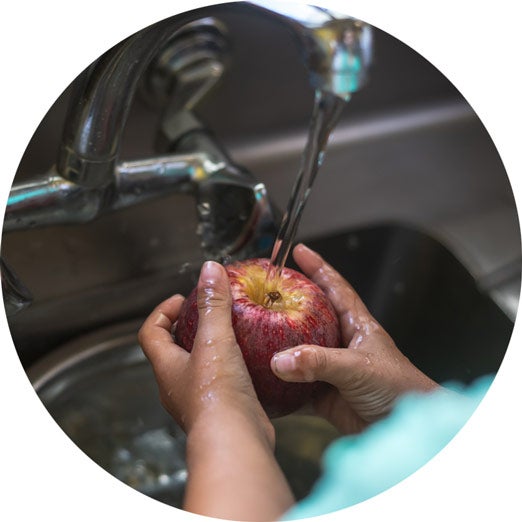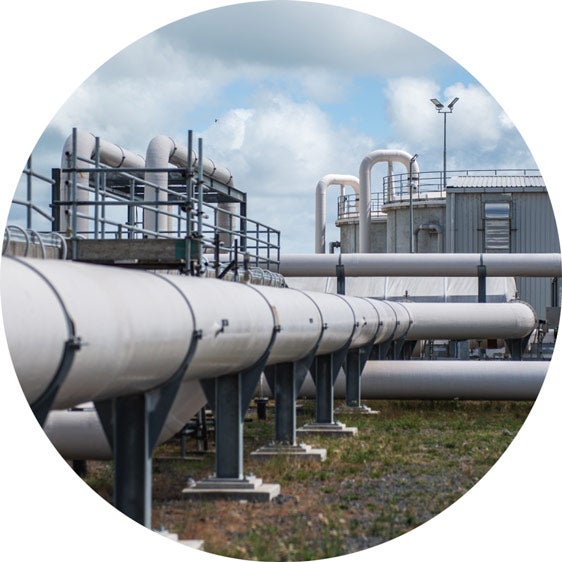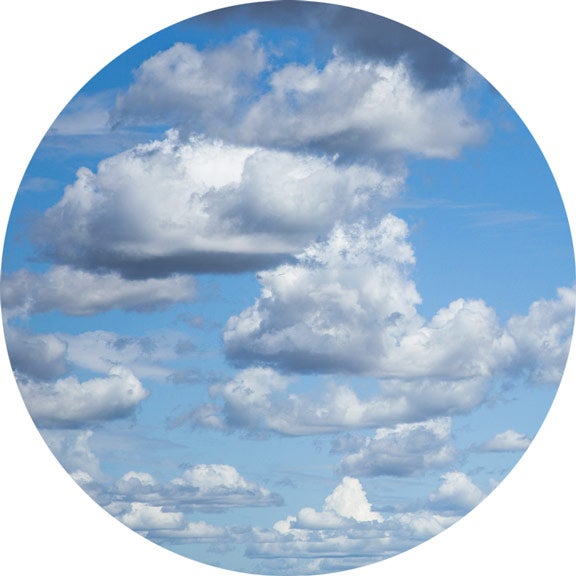Water for Life shares stories and information about the water that sustains the growing city of Tāmaki Makaurau / Auckland.
In te reo Māori, the greeting "Ko wai koe?" can be interpreted in two ways. The direct translation is "Who are you?" while the symbolic translation is "Are you water?" or "What waters define who you are?"
These translations reflect how important water is to all of us, collectively as people - it makes us, it flows through us and connects us.
Through this website you can learn about what we do at Watercare, to deliver safe drinking water to households and businesses, and treat your wastewater once it leaves.
Understanding what you can do to care for Auckland's water means together we can preserve this precious resource.
Discover the great resources available for what kids can do to become Water Guardians. Or, if your school is looking for hands-on science lessons, check out our free Water Education Programme.
Read on and follow the important journey this taonga - this treasure - takes through our land, our city and our lives, from sky to sea.

